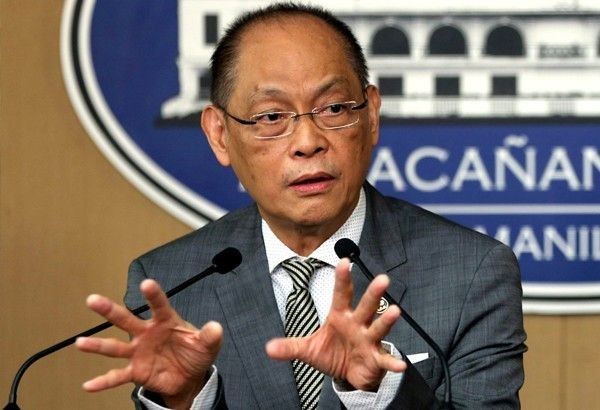Short-term measures eyed to tame inflation

MANILA, Philippines — The Bangko Sentral ng Pilipinas (BSP) has urged Malacañang to pursue several initiatives, including expanding social interventions and trimming import duties, to tame inflation in the short term.
BSP Governor Benjamin Diokno said the central bank finds no reason yet to hike interest rates to hold off inflationary pressures caused by rising oil prices due to Russia’s invasion of Ukraine.
He said the BSP can only pull the trigger on a rate hike when second-round effects coming from the demand side, including minimum wage and transport fare increases, begin to influence inflation.
“An increase in policy rates will not change the reality that energy and other commodities have surged owing to the Russia-Ukraine conflict. It is when there are clear second-round effects on the demand side – say, for example, higher wages and higher transport fares – that the central bank may choose to act to mitigate inflation pressures,” Diokno told reporters.
For the meantime, Diokno said, the executive branch should increase fuel subsidies for drivers of public utility vehicles to increase their cash pool against fuel rate spikes. Also, the government should widen the options for promotional discounts from oil firms to mitigate the impact of price surges.
The BSP chief also prodded Malacañang to boost the supply and cut the prices of coal by zeroing the most favored nation (MFN) rate until December and maintaining a buffer stock of 30 days at the minimum.
Diokno said increases in generation charges should also be staggered and government offices should minimize their power consumption to save on electricity.
He urged the Department of Agriculture (DA) to extend fertilizer vouchers to affected farmers and to bolster fertilizer supply by negotiating with producing countries.
On rice, the DA was asked to monitor rice inflation and its reserves to make sure that prices are kept steady for the duration of the ongoing conflict. Diokno said President Duterte should extend the MFN rate for rice imports of 35 percent until December.
The BSP chief likewise proposed multiple actions centered on increasing supply in agricultural commodities, particularly corn, pork, fish, chicken, sugar and wheat. He said carrying out these proposals would make inflation issues bearable, as compared to some advanced and emerging markets where rate hikes were necessary.
The BSP’s policy-setting Monetary Board last week decided to retain the interest rate for the overnight reverse repurchase facility at a record low of two percent, countering other central banks, including the US, which raised benchmark policies to weather inflationary threats.
However, the BSP now expects annual inflation to breach the government’s target of two to four percent, adjusting its 2022 outlook to 4.3 percent from 3.7 percent due to higher oil prices.
- Latest
- Trending




























